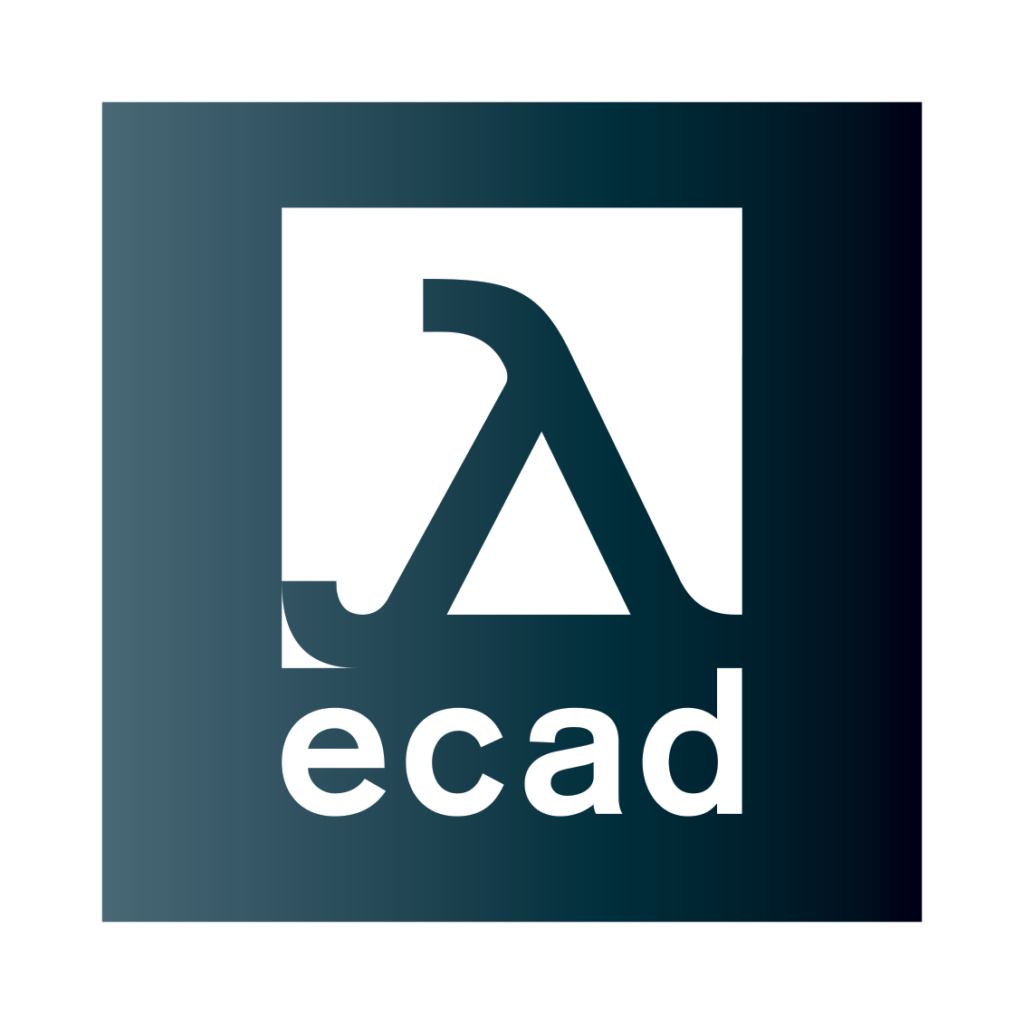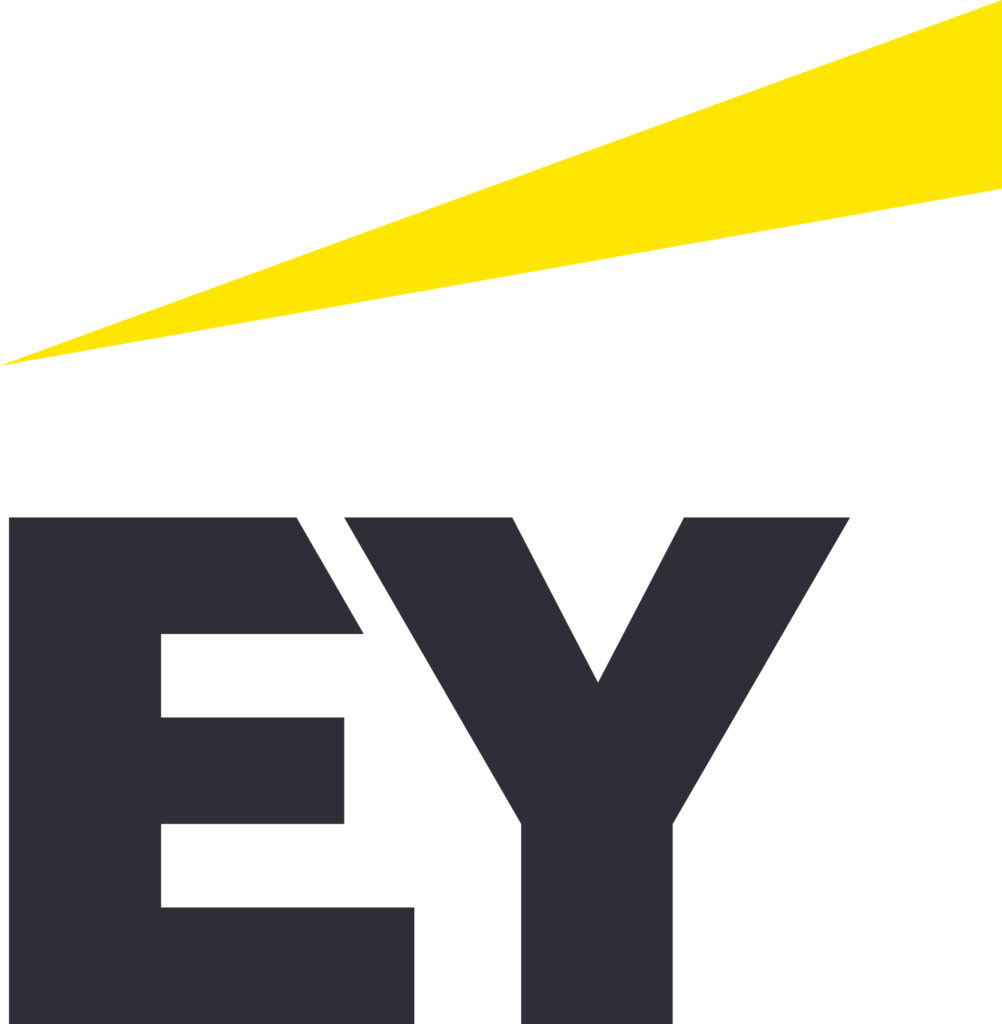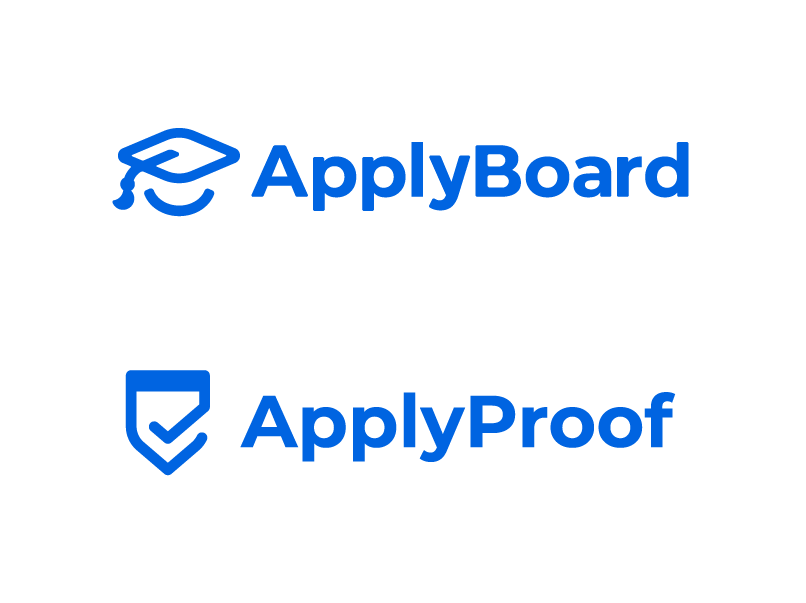It’s well-established that digital technology is the defining force of our modern lives. Work, play, social, commercial and political interactions are all taking place online. In the era of social distancing, the already crucial migration to digital platforms has accelerated, leaving many Canadian citizens, organizations and governments eager to get online with confidence.
That confidence must extend beyond the internet connection – it is fundamental for developing trust amongst Canadians that the systems, organizations, and information they are interacting with and sharing are reliable and secure. Trust encompasses personal data protection and empowerment, so that Canadians have the ability to share their information, in exchange for products or services, and decide when and what information they want to share.
Protecting their data is crucial. As is the need to remain open, innovative, and leading in an increasingly competitive global digital market. Canadians know that data is important – both to use and to protect.
Canada’s Digital Future: Built on Values and The Digital Charter
Leveraging input from Canadians who are eager to develop skills and talent for the future of work, drive innovation for more competitive advantage, and ensure that privacy and trust remain a priority, the Federal Government of Canada has launched the Digital Charter.
The Digital Charter details a plan to reach all of those goals with ten principles in place to guide decisions and set priorities:
- Universal Access
- Safety and Security
- Control and Consent
- Transparency, Portability, and Interoperability
- Open and Modern Digital Government
- A Level Playing Field
- Data and Digital for Good
- Strong Democracy
- Free from Hate and Violent Extremism
- Strong Enforcement and Real Accountability
Ultimately, the Digital Charter sets out a mission to make Canada home to a privacy-respecting, “innovative, people-centred, and inclusive digital economy built on trust.” The vision aligns closely with the DIACC’s public and private sector focused Pan-Canadian Trust FrameworkTM (PCTF).
The PCTF development and definition of core sections have been carefully steered by Canadians who are leaders in diverse industries and the public sector. From the outset, it has been designed through multi-jurisdictional collaboration. DIACC acts as a convening body to synthesize the expertise, needs, and requirements of public and private sectors and represent the interests of all Canadians. The Trust Framework offers insight into how Canadians’ values can be reflected across industries, locations, and use cases in practical ways. The first version, that is currently being tested in-market, reflects back these ten principles in concrete, actionable and thorough standards.
Enabling Everyone through Digital ID and the Pan-Canadian Trust FrameworkTM
The Digital Charter is used to implement a digital ecosystem as a whole that respects Canadians’ need for safety, security, and opportunity. To make that vision a reality, digital identity needs to be built in from the outset, and factored in by design.
The PCTF has been developed by Canada’s public and private sectors as a comprehensive tool to establish interoperability of personal and business data as well as the security practices that governments and businesses will require to ensure that the benefits of people are kept at the centre of design and decisions. The Trust Framework provides a clear method for rallying Canada’s diverse industries, provincial and territorial systems, and users around agreed-upon standards for the best possible security, user experience, and outcomes.
The PCTF offers a pathway for governments, businesses, and individuals to plug into the benefits of the digital economy and interact seamlessly across Canadian entities without ever reconsidering or faltering that high degree of trust.
The PCTF directly addresses many of the principles outlined in the Digital Charter, accelerating progress on the top six in particular. Expertise in security, consent, user experience, and interoperability have been guiding forces from the beginning of the PCTF development. These values are echoed in the Charter and ensure all Canadians and Canadian organizations of all sizes are able to take advantage of the convenience and potential scale afforded by digital technologies.
At its core, the PCTF is intended to increase data access and extend opportunities to all Canadians, whether they’re setting up their first business and offering online services or reviewing their health records from home. Ensuring they’re able to complete these and all tasks online with speed, ease, and peace of mind that their information is secure is the goal.
Ensuring that delivery of benefits to all Canadians is at the core of the digital economy, the PCTF maintains that businesses and governments must provide reliable, accountable, and interoperable services. Giving Canadians the freedom of choice and simplified user experience they have come to expect.
PCTF has data privacy and citizen/resident data empowerment built into every aspect of the standards, offering universal standards and a simple implementation approach for organizations to follow. The Digital Charter is about reprioritizing personal data protection. Paired with the PCTF, it will ensure individuals interacting online will be respected and protected as individuals at the core of the digital economy, with business and governments acting as standards implementers, law enforcers, and service providers in service of Canadians.
Learn more about the DIACC’s critical work in progressing the PCTF. Please contact us if you are interested in getting involved at info@diacc.ca.


